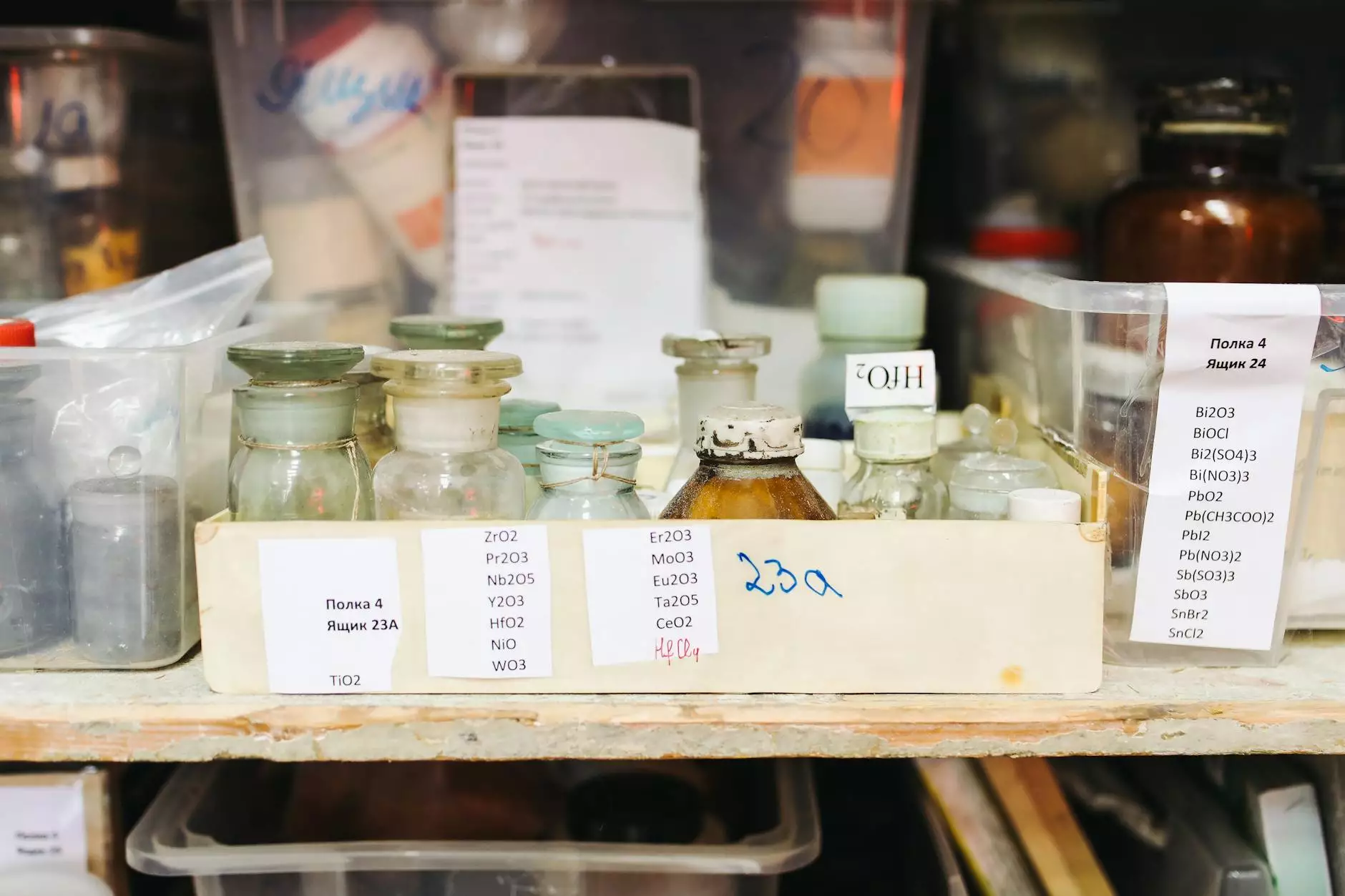Understanding Boiler Water Treatment Chemicals

Boiler water treatment chemicals play a crucial role in maintaining the efficiency, safety, and longevity of boiler systems. In industrial settings, the boiler is a vital component that generates steam or heat, and its efficiency directly impacts operational costs. This article delves deep into the world of boiler water treatment chemicals, exploring their types, applications, benefits, and best practices.
What Are Boiler Water Treatment Chemicals?
Boiler water treatment chemicals are specialized chemical formulations designed to prevent operational issues caused by impurities in boiler water. These impurities can lead to various problems, including scaling, corrosion, and foaming, which can severely impair boiler efficiency and increase maintenance costs.
Key Impurities in Boiler Water
Common impurities found in boiler water include:
- Calcium and Magnesium: These minerals can cause scaling, leading to reduced heat transfer and boiler efficiency.
- Dissolved Oxygen: Oxygen can promote corrosion of metal components in the boiler.
- Silica: Silica can contribute to scaling, particularly in high-pressure boilers.
- Iron: Iron can lead to sludge formation and corrosion.
Types of Boiler Water Treatment Chemicals
The classification of boiler water treatment chemicals can generally be divided into several categories based on their functions:
1. Scale Inhibitors
Scale inhibitors are chemicals that prevent the formation of scale deposits on boiler surfaces. They work by:
- Sequestering calcium and magnesium ions.
- Reducing the precipitation of insoluble salts.
2. Corrosion Inhibitors
Corrosion inhibitors are additives that protect metal components within the boiler from oxidative damage. These inhibitors may include:
- Filming amines
- Phosphates and phosphonates
3. pH Control Agents
Maintaining the right pH level is critical in boiler water treatment. Chemicals such as sodium hydroxide or ammonia are used to:
- Buffer water acidity.
- Prevent corrosion and scale formation.
4. Oxygen Scavengers
Oxygen scavengers effectively remove dissolved oxygen to prevent corrosion. Common examples include:
- Sodium sulfite
- Hydrazine
5. Anti-Foaming Agents
Foaming can hinder steam production and heat transfer efficiency. Anti-foaming agents are added to eliminate foam in the boiler. These are typically:
- Silicone-based surfactants
- Organic compounds that reduce surface tension.
Benefits of Using Boiler Water Treatment Chemicals
The appropriate use of boiler water treatment chemicals offers several significant benefits:
1. Enhanced Boiler Efficiency
By minimizing scaling and fouling, treated boiler water ensures optimal heat transfer and steam generation, directly impacting efficiency and reducing fuel consumption.
2. Extended Equipment Life
Corrosion control and scaling prevention contribute to the longevity of boiler equipment, reducing the frequency of repairs and replacements.
3. Cost Savings
Investment in boiler water treatment chemicals helps to lower operational costs. By improving efficiency and reducing downtime due to maintenance, companies can achieve significant savings.
4. Compliance with Regulations
Many industries face strict regulations regarding water quality and emissions. Proper treatment helps businesses adhere to environmental standards.
Choosing the Right Boiler Water Treatment Chemicals
Selecting the appropriate boiler water treatment chemicals is essential for optimal performance. Here are some factors to consider:
1. Water Quality
Conduct a thorough analysis of the feed water to identify impurities that need to be treated.
2. Boiler Type
The type of boiler and its operating conditions (e.g., pressure, temperature) dictate the specific treatment chemicals required.
3. Manufacturer Recommendations
Always refer to the boiler manufacturer’s guidelines for recommended treatment practices and chemical usage.
4. Regulatory Compliance
Ensure that the chosen chemicals meet all local and national environmental regulations.
Best Practices for Boiler Water Treatment
Implementing boiler water treatment chemicals effectively involves a systematic approach. Here are some recommended best practices:
1. Regular Water Testing
Routine testing of boiler water quality should be conducted to monitor key parameters such as pH, conductivity, and levels of dissolved oxygen and hardness.
2. Correct Chemical Dosing
Accurate dosing of treatment chemicals is critical. Overdosing can lead to operational issues while underdosing may not provide adequate protection.
3. Continuous Monitoring
Utilize automated monitoring systems for real-time tracking of water quality and chemical levels to maintain optimal conditions.
4. Training and Safety
Ensure that staff are trained in safe handling and application of treatment chemicals to prevent accidents and promote workplace safety.
The Role of Bimak Kimya in Boiler Water Treatment
Bimak Kimya, accessible at bimakskimya.com.tr, is a trusted provider of chemical solutions, including boiler water treatment chemicals. With vast experience in water purification services, water supply, and water stores, Bimak Kimya offers expert guidance in selecting and implementing the right treatment chemicals tailored to your specific needs.
Products and Services Offered
Bimak Kimya provides a comprehensive range of products and services:
- Customized Boiler Treatment Programs: Tailored solutions based on your operational requirements.
- Expert Consultation: Professional advice on water quality management and treatment strategies.
- Emergency Support: Immediate assistance for treatment issues and boiler maintenance challenges.
Conclusion
The importance of boiler water treatment chemicals cannot be overstated. By preventing issues like scaling, corrosion, and foaming, these chemicals ensure that boilers operate efficiently and safely. Whether you're managing a single boiler or a large industrial operation, understanding and implementing the right treatments is critical to achieving cost savings and operational excellence.
For more information on how to maintain your boiler system with high-quality treatment chemicals, visit Bimak Kimya today!



